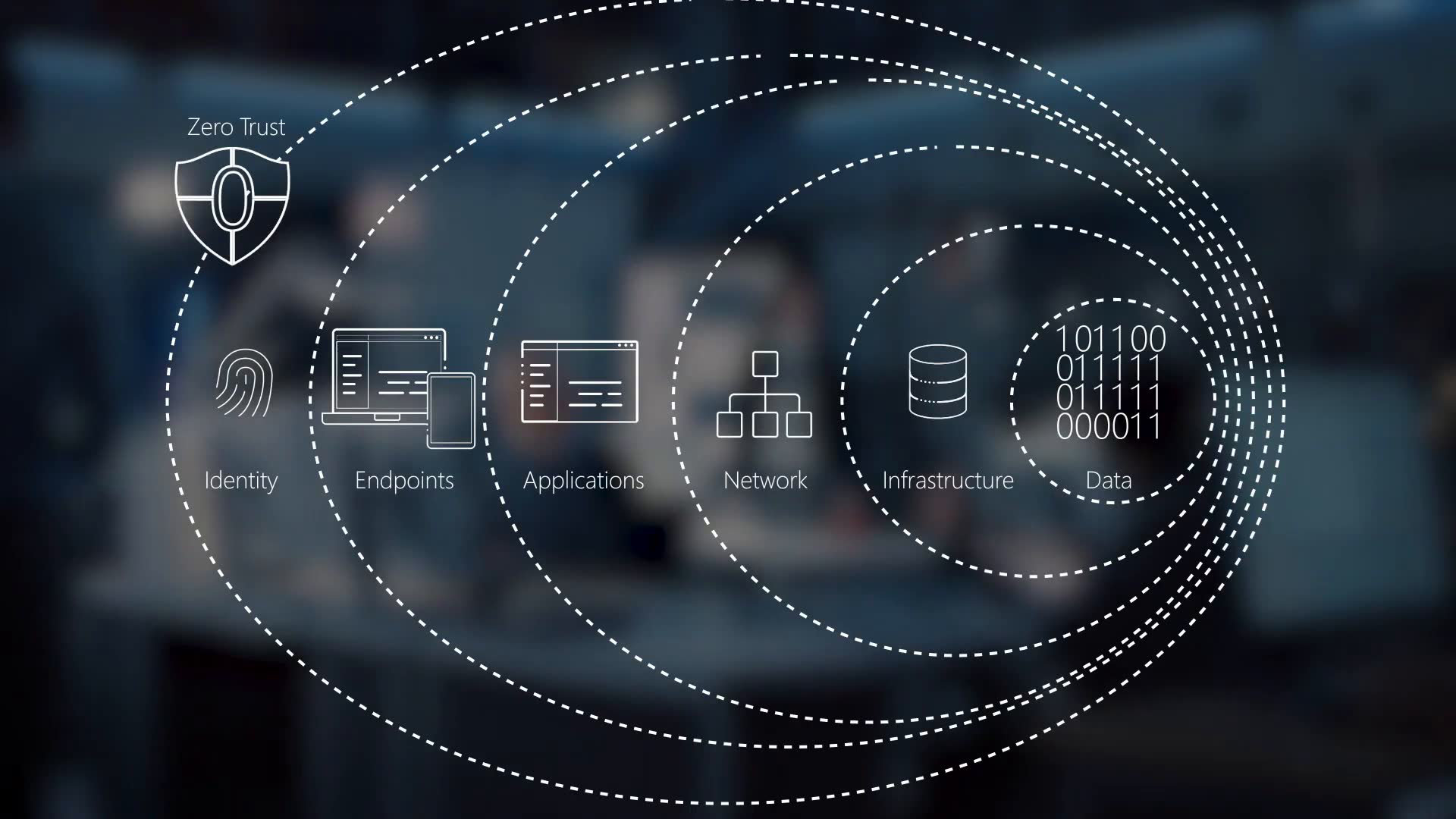The race is on, and the objective is to achieve quantum supremacy. Currently, all the technology giants across the globe are working relentlessly to develop quantum computers, machines capable of unfathomable computing feats. Here is what quantum computing is, how it works and what its applications are?
Back in the 80s, scientists proposed a computing device capable of unimaginable computing power. It utilizes the properties of quantum states and entanglement to do the computations. Since then, leading minds of the scientific community have worked hard to build a quantum computer in reality. The turn of the century has seen major strides in the quantum computing space, and at last, quantum computers are becoming a possibility.
Google recently announced that it had achieved quantum supremacy. Similarly, Goldman Sachs is confident of introducing quantum algorithms to price financial instruments in less than five years. But what is quantum computing, and what are its implications upon the world? Let’s find out.
What is Quantum Computing?
Quantum computing takes a different approach than traditional computing to process data. At the core of modern digital computing are bits, the combination of 0s and 1s. However, quantum computers work on qubits and utilize the principles of Quantum entanglement and superposition of matter for processing and calculation.
How Quantum Computers Work?
As stated above, in place of conventional bits, quantum computers use qubits as the basic unit of information. By taking the qubits route, quantum computers overcome the limitations of bits that can only attain a value of 0 or 1. On the other hand, there are no such limitations with a qubit. It can be both 0 and 1, on and Off at the same time. Furthermore, it can also have states between zero and one. This multiplicity of states allow quantum computers to process and store huge amounts of information. For example, a quantum computing system with only 30 qubits can perform about 10 billion floating-point operations per second. That’s way beyond the capability of any traditional computer.
Quantum Computing: The Implications?
The unlimited potential of quantum computers has inspired all the big names of the technology world to invest heavily in this space. Its results? Google claimed to have built a quantum computer that could complete calculations in just 200 seconds. Even the most powerful of today’s supercomputers will take around ten thousand years to finish the same task. IBM and Intel are in the line too, and are closer to developing quantum computers capable of handling the humongous amount of data that our current technology-driven world generates.
Why Quantum Computers: The Applications
Even the most sophisticated of today’s computers have their limitations and are unable to solve certain problems. The reason is, they cannot manage data above a certain complexity and size. In simple terms, this means they don’t have enough computing power for certain complex operations. Quantum computers handle data differently and therefore are capable of delivering computing power much greater than traditional computers. Their extraordinary processing power enables quantum computers to spur the development of revolutionary solutions in healthcare, science, engineering, medicine, and many more sectors.
With quantum computing, humankind is going to take a huge technological leap. Thanks to quantum computers, the digital transformation that is on our way will allow us to explore new avenues of development and help us unlock innovations with a revolutionary impact on every sector.



